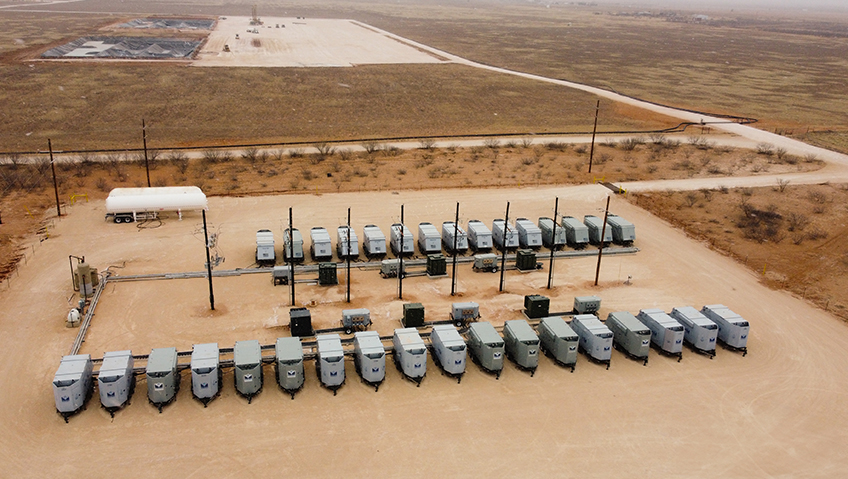“History shows that the nations that do best are the ones that invest in the education of their people.”
-Barack Obama
The foundation—and future—of any industrialized country lies in developing a dependable and thriving education system, particularly for its youth. The global economy, significantly shaped by education spending, impacts everything from national economic growth to personal prosperity. Investments in education help nations develop a workforce with greater skills, productivity, and ultimately, economic success.
The rise in personal earning potential is among the most direct results of educational expenditure, according to World Economy. Over the course of their lives, those with higher levels of education earn more than those with lower levels, which in turn boosts consumer spending and tax receipts, benefiting the economy as a whole.
Education also fosters creativity and technical advancement, two major drivers of economic growth. People with higher education are more likely to work on research and development projects, resulting in new industries and technologies that improve economic performance by increasing productivity across sectors.
A more effective distribution of resources within an economy is another benefit of education. Those with greater educational attainment are more likely to make informed choices about savings, investments, and consumption, thanks to a deeper understanding of market dynamics and economic principles.
In fact, there’s no denying the link between economic performance and educational attainment in the modern global economy, according to Collegenp. Education provides individuals with the knowledge and skills needed to contribute to the workforce more efficiently, promoting creativity and productivity. Statistical evidence strongly supports the link between GDP and education, showing that higher GDP levels are closely associated with higher literacy and educational attainment rates.
According to the World Bank, a person’s income can rise by up to 10 percent for every additional year of education, and nations that prioritize educational reform frequently see rapid economic growth. A workforce with advanced credentials is better equipped to handle complex problems, innovate, and adapt to technological change, thereby raising global competitiveness and productivity.
Education is also essential in combating poverty and promoting social progress. It helps individuals break the cycle of poverty by equipping them with the skills needed for meaningful employment. A more educated workforce is naturally more productive, adaptable, and better positioned to contribute to economic advancement.
Sustained investment in education spurs technical advancement, innovation, and economic expansion. As the global economy becomes more knowledge-based, the need for a highly educated workforce will increase, highlighting the importance of education in maintaining economic sustainability and competitiveness.
Education is a powerful catalyst for economic advancement. Countries that improve economic performance and raise living standards do so by cultivating a well-educated workforce. The message is clear for economists, governments, educational institutions, and the public: funding education is an investment in long-term economic growth.
Within Canada, a new reality is emerging in higher education, says KPMG. Emerging technologies, online learning, financial pressures, rising costs, and shifting demographics are all reshaping the educational landscape. Student perceptions are also changing in this “age of the customer,” where choice and personalization increasingly define the educational experience.
The challenges Canadian institutions face mirror global trends: rising costs, student debt, and digital disruption. In addition to exploring international revenue streams, institutions must find internal efficiencies. Traditional universities now compete with new, more affordable, tech-savvy educational providers, a trend accelerated by the pandemic and unlikely to reverse.
Canada, like many nations, is experiencing a decline in domestic student numbers due to an aging population, low birth rates, and a growing middle class. International enrolment has surged, but institutions that rely heavily on foreign students may need to reassess their business models in light of global competition and shifting student preferences.
Publicly funded education is vital to a democratic and economically successful society, preparing students to be informed and engaged citizens, says The Future Economy. However, underfunding, staffing shortages, school violence, the lingering effects of COVID-19, changing technologies, and declining public trust all present significant challenges.
Despite major societal and technological shifts, the educational system has remained relatively unchanged—a concerning reality in a world that demands adaptability and innovation. For Canada to lead globally, it must prioritize funding, fair working conditions, and a redefined vision of success in education.
Not all nations are recognizing the importance of educational support. The United States faces a period of deep uncertainty, as its president openly advocates for dismantling the U.S. Department of Education (DOE). Massive layoffs, funding shifts, and policy rollbacks are disrupting classrooms nationwide, even as legal questions about the move remain unresolved, reports Teach Magazine.
EdTrust, a non-profit advocating for equal education, warns that abolishing the DOE would be “a disaster for students and families,” noting the agency’s crucial role in funding, oversight, and civil rights protections. Eliminating it could also impair progress in digital equity, cybersecurity, and educational innovation.
There is hope, however. Countries like Singapore have invested strategically in education as a form of human capital development. These investments have driven Singapore’s emergence as a global leader in science, technology, and innovation, propelled by consistent, student-focused education policy.
With a 98.8 percent literacy rate and high international exam scores, South Korea also exemplifies educational excellence. Since the Korean War, education has fueled its rapid economic rise. Yet, critics argue the system’s rigidity and stress may hinder creativity, a crucial skill for future innovation. As global demands evolve, Korea must now strike a balance between academic rigor and well-being.
Education plays a complex role in social and economic development. While it prepares individuals to make informed choices, build careers, and adapt to technological change, the broader benefit lies in its ability to foster innovation, increase productivity, and promote equitable economic opportunity.
In developed countries, education builds a workforce capable of navigating global complexities. It equips citizens to acquire new skills, adapt to evolving technologies, and address complex problems. A flexible, skilled workforce is essential for long-term economic growth and competitiveness.
Ultimately, the financial benefits of a better-educated public far outweigh the upfront costs of curriculum development, teacher training, and facility upgrades. Education is one of the most powerful long-term investments a society can make—yielding economic growth, reduced inequality, and improved quality of life for generations to come.






